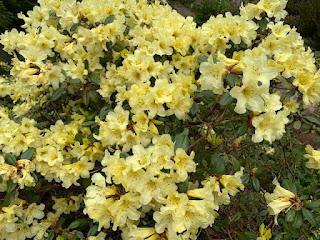I was part of a panel at a recent signing event in Stoke. One of the questions posed by our excellent MC, Donna Morfett, was on "What real love story has influenced you and your writing."
 |
| Donna Morfett Toya Richardson, Ros Rendle and Me! |
We had no advance knowledge of the questions, but this was still an instantly easy one to answer.
The story of Major Harry Smith and the young girl he found and married in the aftermath of one of the bloodiest sieges of the Napoleonic Wars may be known to many readers, particularly fans of Georgette Heyer, Her novel, “The Spanish Bride” details their story in her inimitable prose. Even her name is pretty unforgettable; Juana María de los Dolores de León!
Bajados was the scene of terrible savagery by the British troops after taking the city. In Harry Smith’s own words: “The atrocities committed by our soldiers on the poor innocent and defenceless inhabitants of the city, no words suffice to depict. Too truly did our heretofore noble soldiers disgrace themselves”
IMHO The Spanish Bride is a superb book, combining as it
does the story of the Peninsular war from Bajados in 1812 right up to Waterloo.
It is full of domestic details of their life with Harry’s regiment.
 |
| I had this edition. It fell to pieces many years ago! |
 |
| The storming of the breach at Bajados |
One of the reasons the book maintains its attraction for me are the parallels between Harry and my gt-gt-grandfather, Henry Dumaresq, who took part in most of the same battles as Harry (including Bajados). Indeed, they would almost certainly have known each other, if only in passing. Harry was the older of the two by five years.
It was Harry who had the romantic story, though. Henry did marry, but not for another 5 years, to the daughter of another Irish peer, Sophie Butler-Danvers who was aged 25 rather than 14!!
 |
| Henry Dumaresq's Military Record! |
A clerk's handwriting was pretty unreadable even then.
Luckily, we now have Wikipedia!
After the Napoleonic Wars Harry and Juana spent much of their time on various overseas posting, especially in South Africa where the town of Ladysmith was renamed in honour of his wife.
Henry ended up as ADC to General John Byng at Waterloo, and played a large part in the defence of Hougemont – a key part of the battle. He was wounded delivering a dispatch from General Byng to Wellington. He had taken a ball in the lungs, and “fell from his horse, a dying man”. Thanks to the attention of Wellington’s surgeon, he survived, but they couldn’t remove the ball. It eventually caused his death twenty years later.
Also on the panel at the signing was friend, fellow-author
and RNA member, Ros Rendle. It turns out that she and her husband, Scott, live
in the town that Harry was from, Whittlesey near Ely in Cambridgeshire. Scott
taught at the Sir Harry Smith Community College!
Since coming back from the Tales on Trent signing, I’ve been reading The Spanish Bride again. Well worth it!! That’s probably 12 times I have read it (so far)! I celebrated finishing it again, with a glass of one of my favourite beers, Waterloo! The Beer of Victory!
So what’s YOUR favourite book? How many times have you read it? How many copies have you gone through?




















